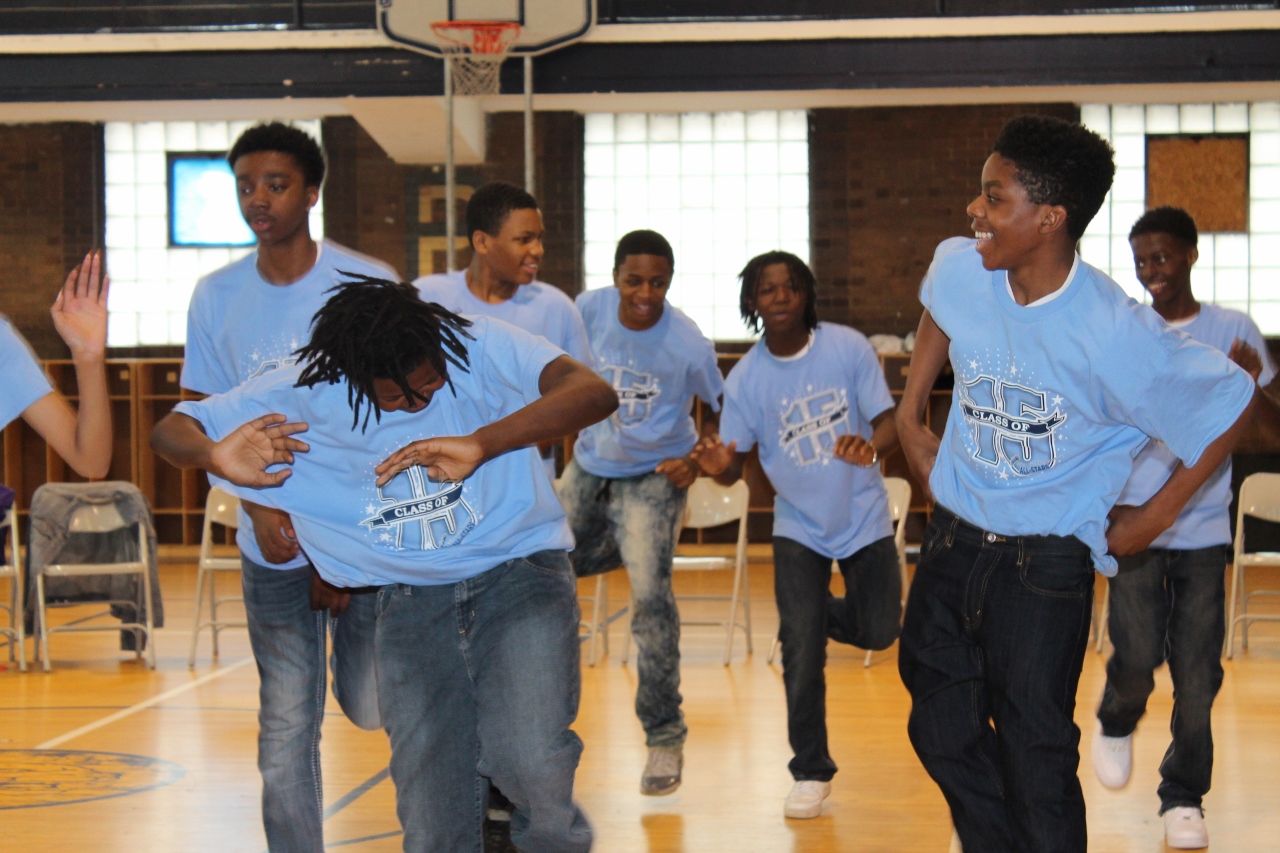Alain Locke, an embodiment of the new intellectual zeitgeist that burgeoned during the Harlem Renaissance, remains a pivotal figure in both African American history and the Bahá’í Faith. His multifaceted contributions as a philosopher, educator, and interpreter of cultural identity, coupled with his devotion to the Bahá’í principles, delineate him as an African American icon and a Bahá’í pioneer. The intriguing juxtaposition of these identities offers fertile ground for exploration, revealing profound insights about societal progress, racial equity, and the quest for universal harmony.
Locke was born in 1886 in Philadelphia, Pennsylvania. His early academic pursuits precipitated a remarkable journey; he became the first African American to obtain a Rhodes Scholarship to the University of Oxford. This insulated him from some of the racial prejudices prevalent in the United States while simultaneously exposing him to a broad intellectual horizon. It is within this context that Locke developed a captivating philosophy advocating for the elevation of African American culture and identity, termed “The New Negro.” This concept was not merely a celebration of black heritage but also a clarion call for the recognition of African Americans as integral contributors to the American narrative.
Central to Locke’s oeuvre is the belief that the recognition of dignity is essential to cultivating societal progress. This notion reverberates within Bahá’í teachings, which emphasize the unity of mankind and the elimination of prejudice. Both Locke and the Bahá’í Faith champion the importance of education as transformative, positing that enlightenment acts as a catalyst for systemic change. The cross-pollination of Locke’s philosophical inquiries and Bahá’í doctrines underscores an intrinsic understanding of communal advancement.
One cannot overlook the sociopolitical milieu of Locke’s time, which was beset by segregation, oppression, and a pervasive lack of recognition for African Americans. The Bahá’í Faith, with its foundational precepts advocating for equality and justice, resonated deeply with Locke’s own aspirations. His engagement with the community and his adherence to Bahá’í principles illuminate a profound dedication to dismantling the barriers that perpetuate racial animus. This synergy between Locke’s activism and the ethos of the Bahá’í Faith establishes an enduring legacy of moral fortitude.
Locke’s role as an advocate for the arts cannot be understated. He believed that artistic expression was pivotal to the construction of cultural identity. In his seminal work, “The New Negro” anthology, he curated a collection of writings that underscored the contributions of African American artists, poets, and intellectuals. This assemblage was both a celebration and a reclamation of African American identity and paved the way for future generations to engage with their cultural heritage with pride.
Locke’s philosophical framework gave voice to the struggles and aspirations of African Americans in a rapidly changing societal landscape. His intrepid exploration of identity informed the larger narrative of the Harlem Renaissance, positioning art and literature as instruments of resistance and empowerment. The Bahá’í teachings, which espouse the oneness of humanity and the intertwining of all cultural expressions, further reinforce the idea that diverse perspectives enrich the human experience.
Moreover, Locke’s articulation of the need for social justice echoes the Bahá’í commitment to promote equity as a universal principle. His writings often critiqued the prevailing social order and called for an awakening of collective consciousness. It is in this advocacy for social reform that a profound connection emerges between his intellectual pursuits and the ethical imperatives of the Bahá’í Faith.
Locke’s influence extends beyond his lifetime; his legacy as a philosopher and social critic continues to inspire contemporary movements for racial justice and equality. The enduring relevance of his ideas can be observed in the socio-cultural discourses that permeate modern discourse, as they call into question systemic inequities and amplify the voices of marginalized communities. This dynamic interplay between historical context and contemporary application marks a hallmark of Locke’s contribution to both African American heritage and the Bahá’í community.
Furthermore, the intersectionality of race, culture, and faith encapsulated within Locke’s life and work presents a provocative paradigm for understanding societal complexities. His involvement in the civil rights movement exemplifies the assertion that one’s cultural identity can serve as a conduit for broader social change. The Bahá’í Faith, with its inherent acknowledgment of diversity, mirrors this ideology by advocating for harmonious co-existence amongst all people.
The complexities of Locke’s identity as both an African American and a Bahá’í deliver a multifaceted narrative that transcends simple categorizations. He embodied the principles of individuality and collective responsibility, imbuing a sense of purpose into the artistic and intellectual endeavors of his contemporaries. This duality remains particularly poignant in today’s world, where calls for unity amidst diversity echo the challenges Locke faced in his own time.
In conclusion, Alain Locke emerges as a vital figure whose teachings and experiences exemplify the nexus of African American identity and Bahá’í principles. His philosophical inquiries and advocacy for cultural expression serve as testament to the resilience of the human spirit in the face of adversity. As a thinker and activist, Locke’s legacy continues to challenge contemporary society to pursue a more just and equitable world. His life and work serve as a beacon of hope, illuminating the path toward a future where the principles of unity, justice, and equality reign supreme.
